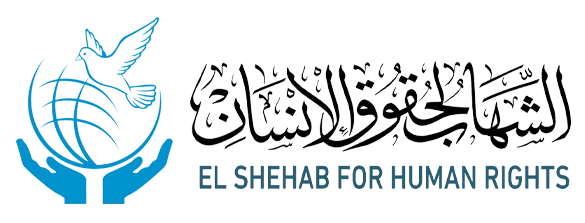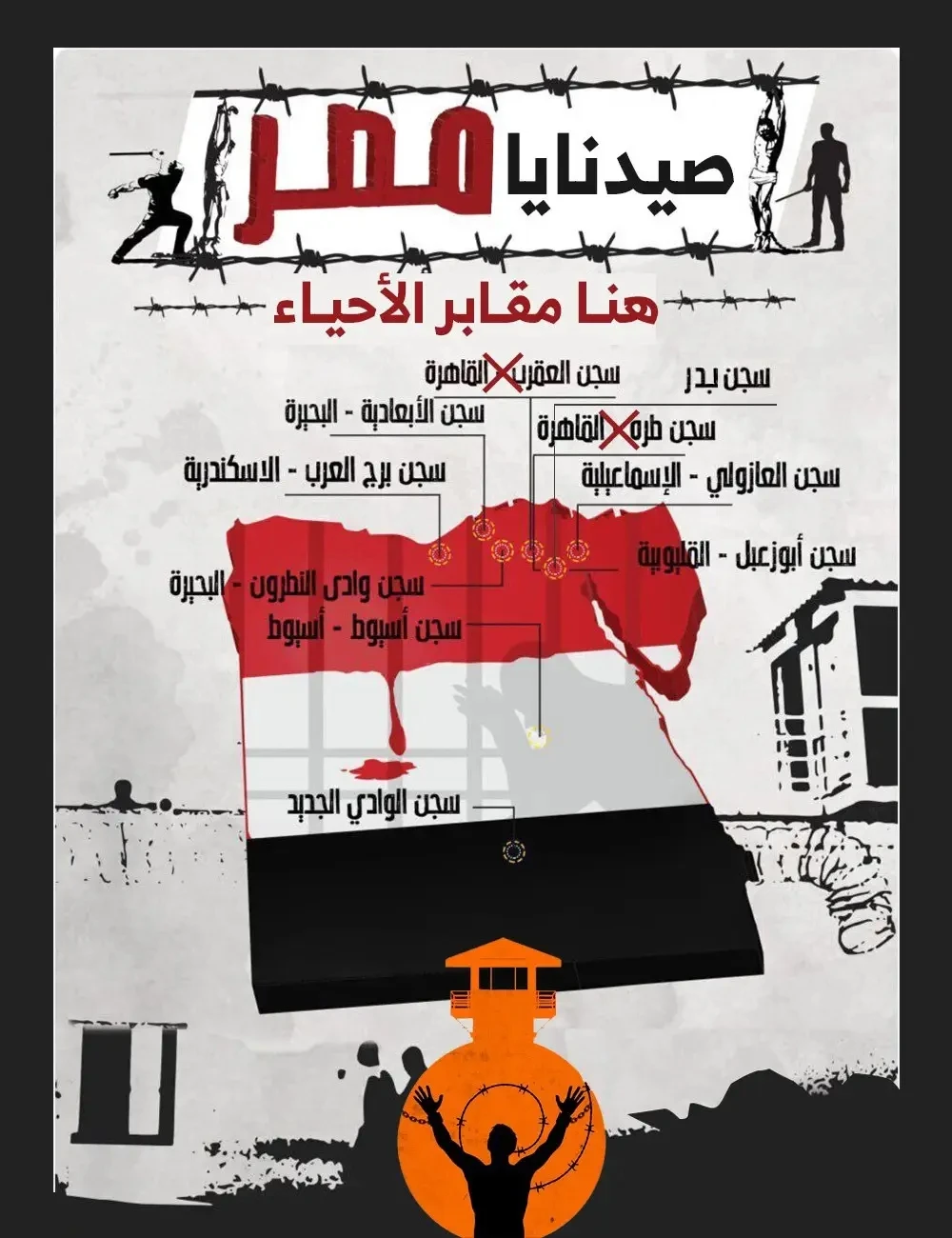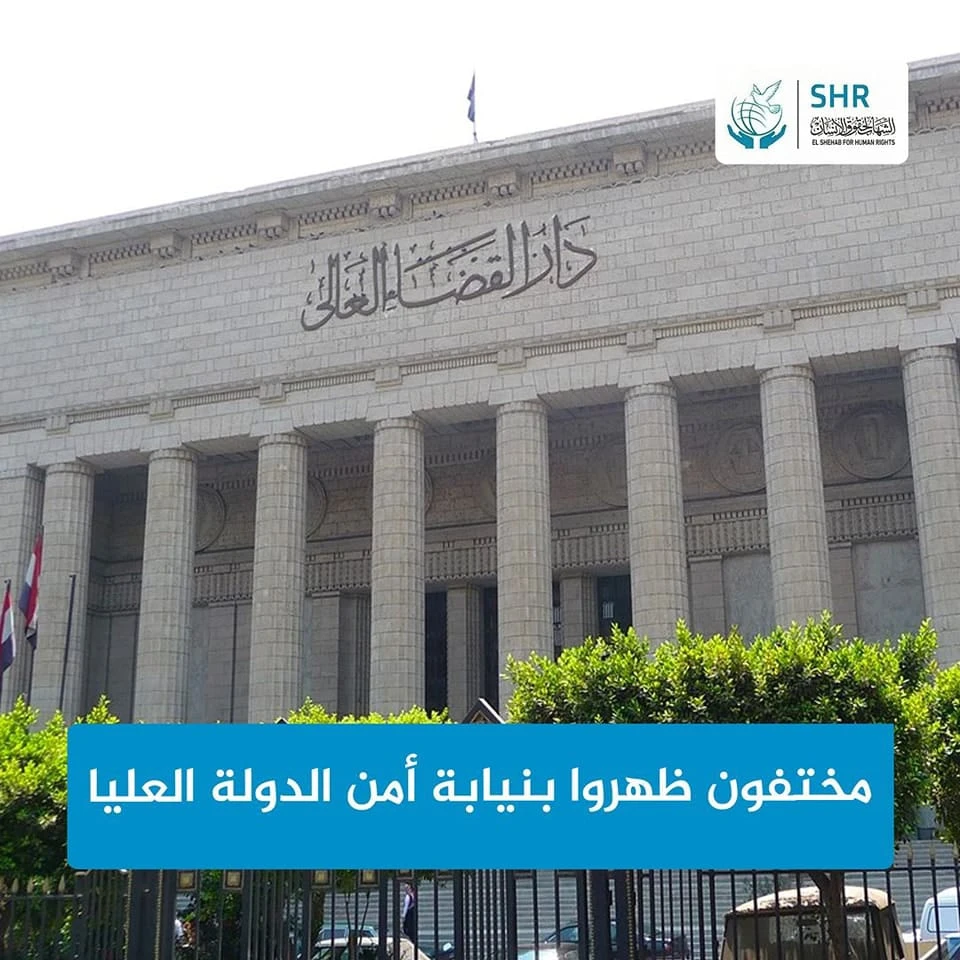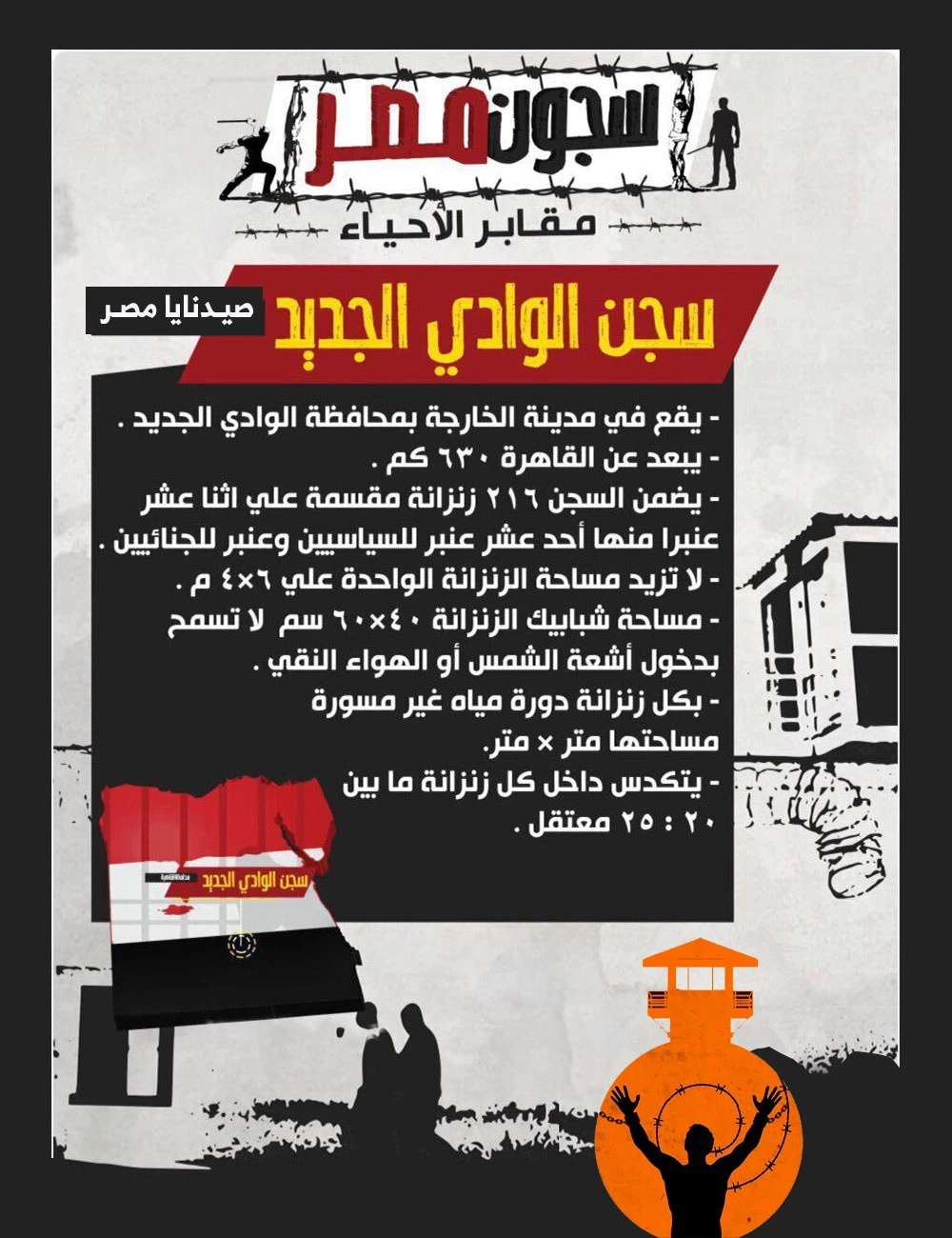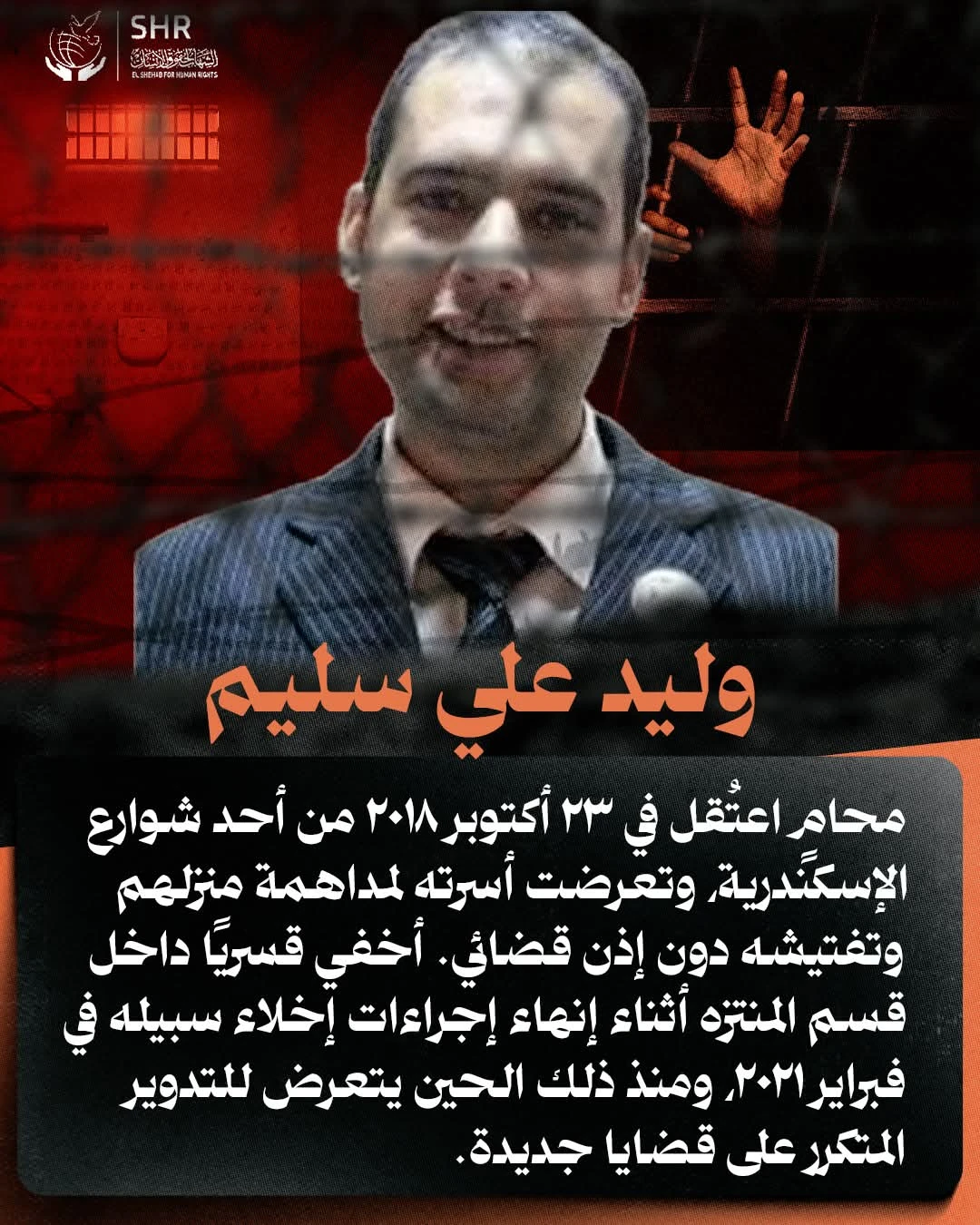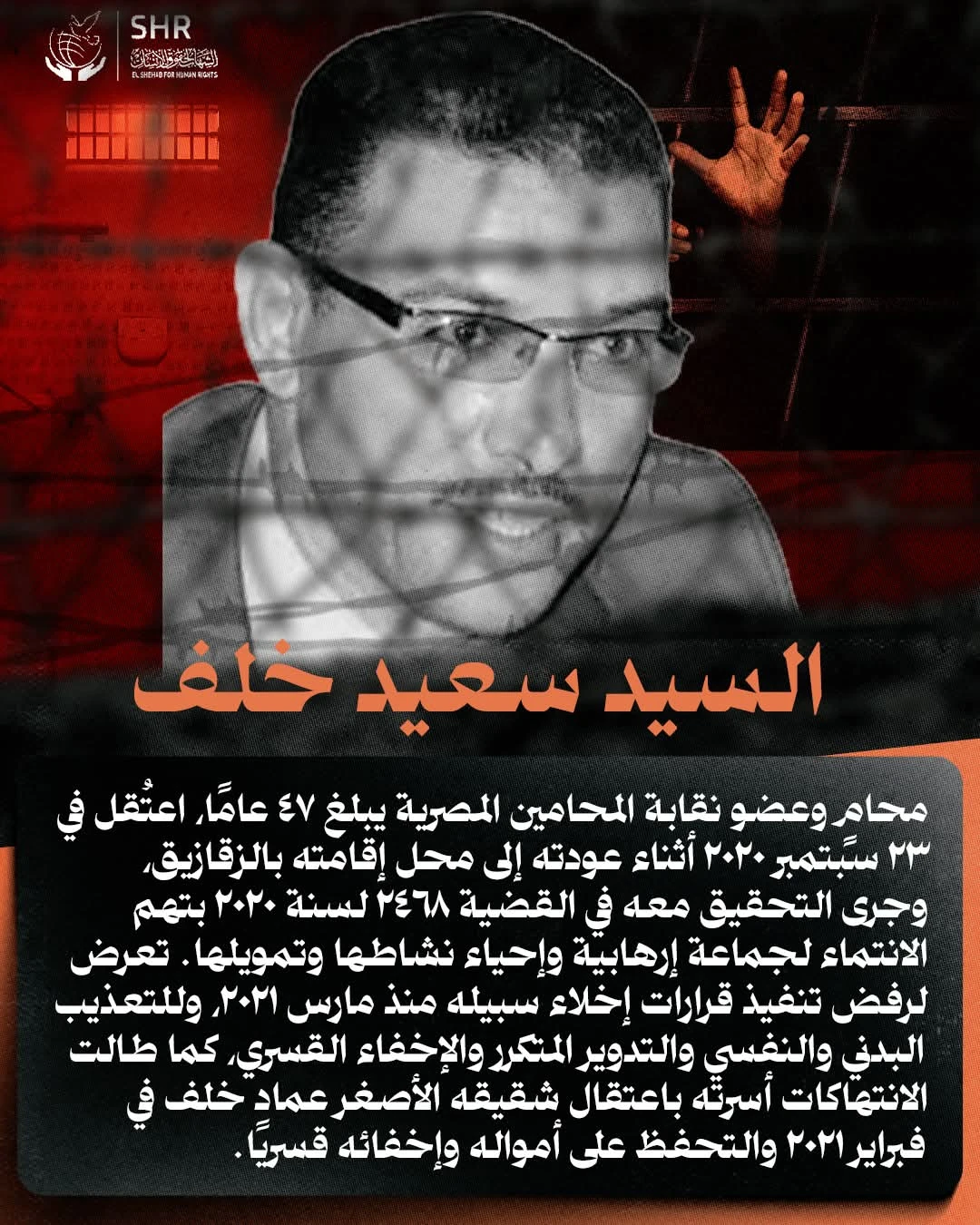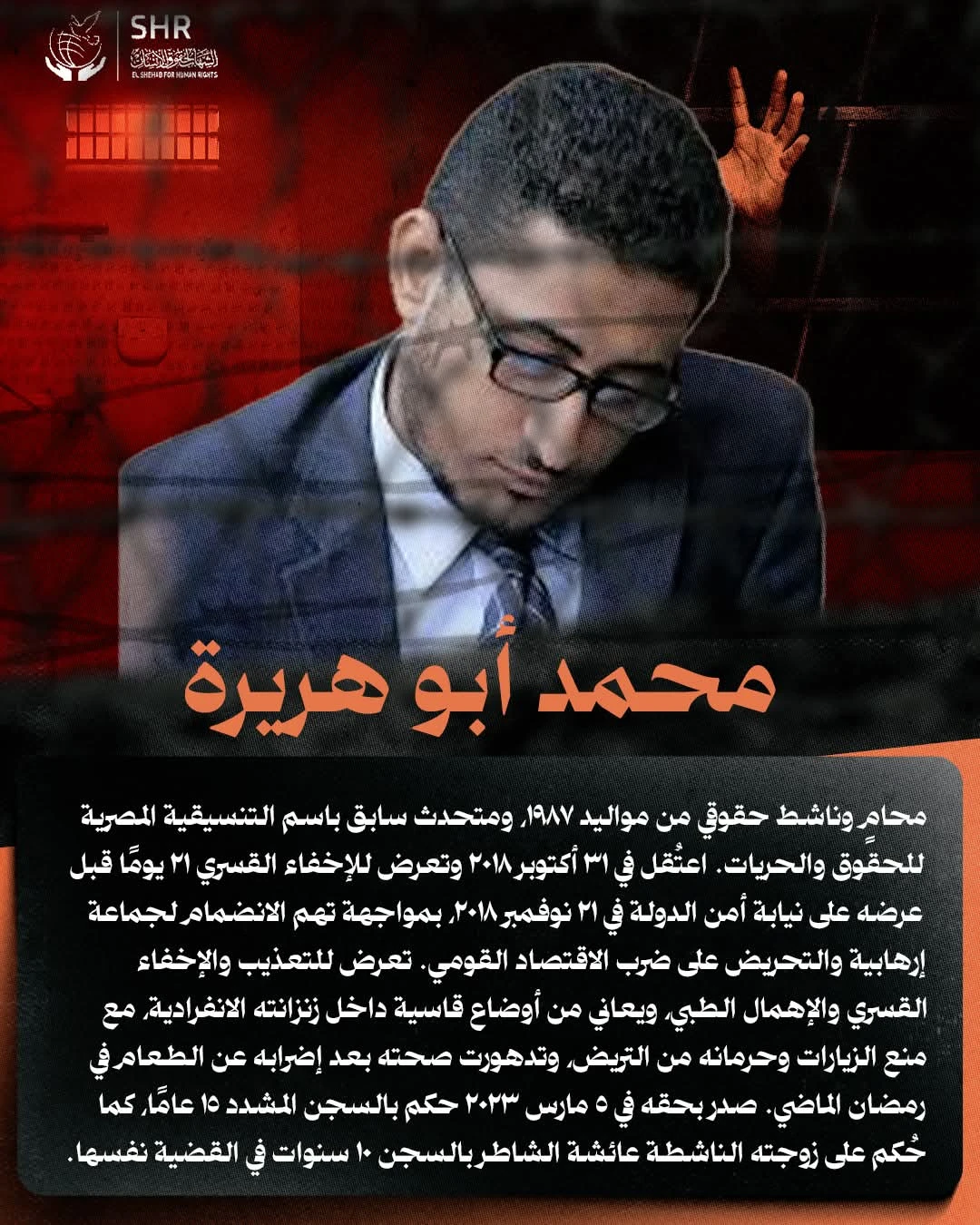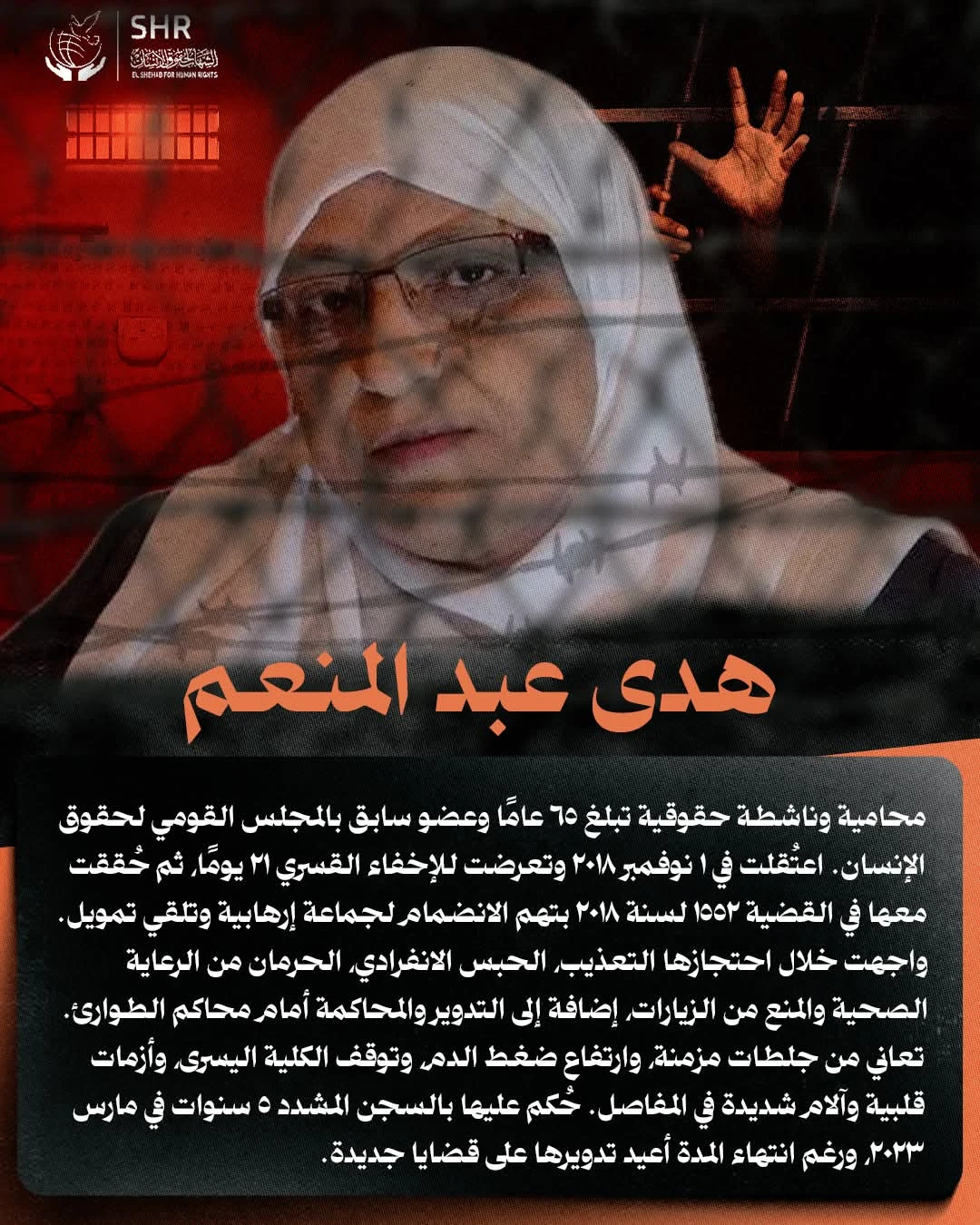Egyptian prisons have long been notorious for human rights violations, becoming sites of torture and repression for political detainees and those opposing the regime. Similar to Syria's infamous Saydnaya prison, known as the "human slaughterhouse" for its horrific torture practices, Egypt also has its own prisons with similarly dreadful conditions. These prisons house thousands of political prisoners, activists, and dissidents who suffer from brutal repressive tactics that threaten their lives. At the Shihab Center, we reveal the most notorious of these Egyptian prisons that can be described as "Saydnaya of Egypt," where their walls echo with silence, hiding the suffering and injustice within.
- Strict security measures: The prison is run with a security mindset aimed at subjugating prisoners, rather than improving their conditions.
- Grave human rights violations: These include psychological and physical torture, preventing family visits, and deliberate starvation by reducing the food offered to prisoners to inadequate levels.
- Denial of basic services: Lack of healthcare, absence of personal hygiene tools, and denial of medication, leading to widespread skin diseases and poisoning.
- Escalation of protests: Prisoners' demands for visitation rights and an end to ill-treatment have been met with violence, such as water hoses used in cells, and refusals to document repeated suicides.Despite being intended to improve conditions compared to older prisons, Badr has instead become a symbol of injustice and human rights violations.
- Cells: Narrow, measuring just 7 square meters, equipped with only a bathroom and a concrete slab, lacking ventilation and sunlight, with only a small opening for food delivery and a light controlled by the prison administration.
- Isolation: Each section is completely isolated with thick concrete preventing sound from traveling.
- Torture: Methods include beatings, electric shocks, hanging, sexual abuse, starvation, and denial of food and medicine.
- Family visits: Visits are rare, conducted behind glass with phones, further adding to the suffering of detainees and their families.The prison is a symbol of systematic abuse and one of the most notorious places for physical and psychological torture.
- Overcrowding: With less than 25 cm of space per person and dirty, overcrowded cells.
- Poor facilities: Contaminated water, bad food, and a lack of hygiene tools.
- Medical neglect: Limited to painkillers, with widespread skin and kidney diseases, and deaths due to negligence.
- Punishment: Cells with no ventilation, limited food, and extreme temperatures.
- Torture: Includes beatings, starvation, and the use of criminal prisoners to monitor political detainees.
- Visits: Short and heavily monitored, with harsh treatment during searches.
- Education and communication: Books, newspapers, and the library are banned, isolating prisoners completely.
- Overcrowding: Rooms measuring just 4 square meters, housing more than 20 prisoners, with inmates forced to relieve themselves in containers within the cell.
- Poor facilities: Contaminated water has led to cases of poisoning and potential kidney failure, with inadequate medical facilities in the prison hospital.
- Isolation and harsh treatment: Prisoners are denied daily outdoor time, their belongings are confiscated, and they are subjected to dark, cold punishment cells.
- Visit suffering: Family visits are subject to humiliating searches, strict food entry restrictions, and are limited to just 10 minutes after long waiting periods.
- Medical neglect: Medications are withheld and prisoners with serious conditions are not transferred to hospitals, worsening their suffering.
- Hunger strikes: Prisoners have resorted to hunger strikes and smuggling out messages documenting the dire conditions inside.
- Physical torture: One detainee revealed being brutally tortured, with police targeting his injured leg and genital areas.
- Untried detention: Detainees face prolonged detention without trial.
- Systematic torture: Abuse continues as a regular practice in this facility, with a significant increase in repression.
- Humiliating searches: Both detainees and their families are subjected to repeated and sudden searches.
- Food theft and abuse: Food during visits is often stolen or mishandled, with guards mocking the detainees.
- Medical neglect: Prisoners with medical conditions are denied care, leading to deaths due to neglect.
- Shortened visits: Family visits are restricted to only 15 minutes for political prisoners.Conditions continue to worsen, with ongoing brutal practices causing immense suffering to detainees.
